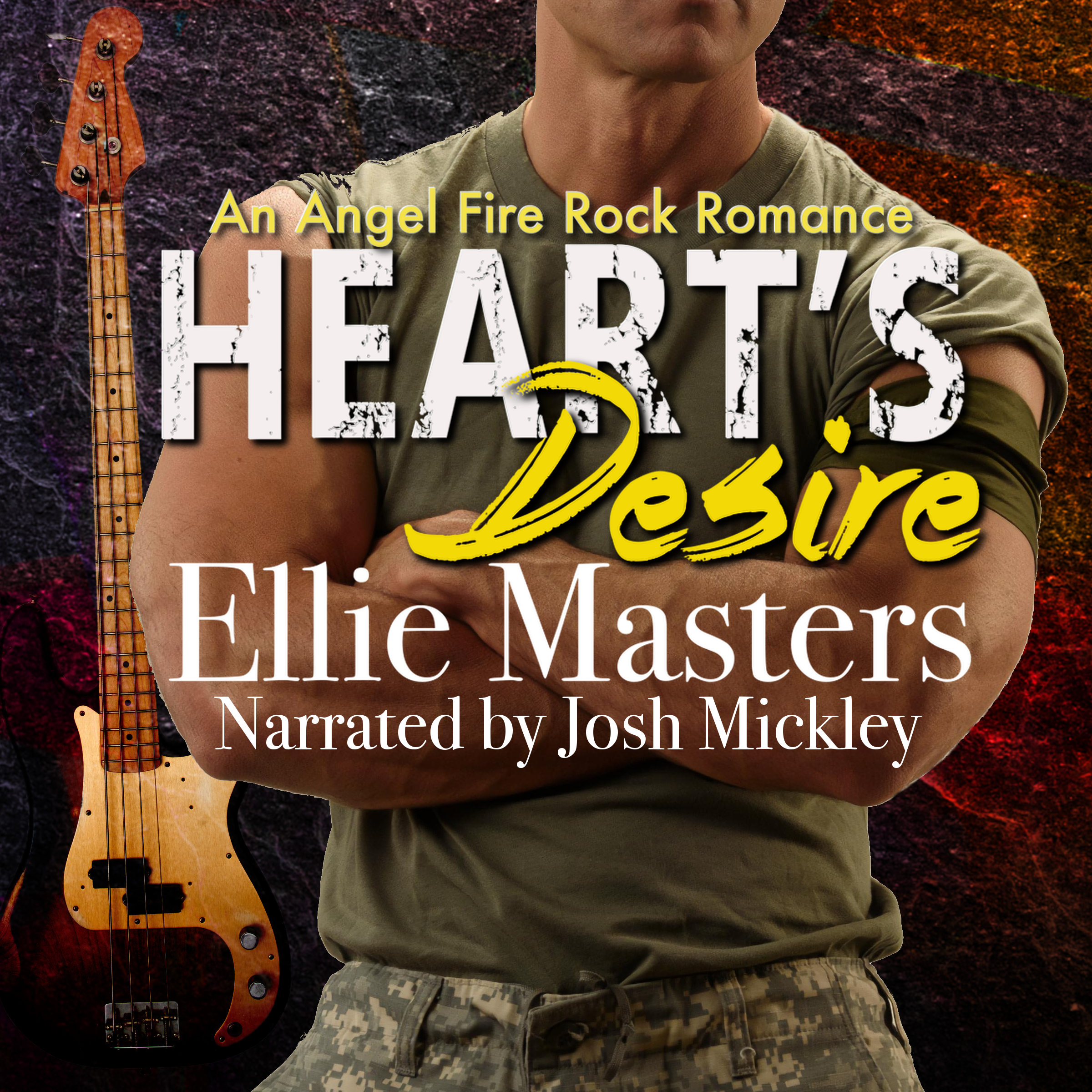Learn how to spell common interjections and exclamations used in dialogue. Includes a list of interjections used in fiction dialogue, their meanings and uses.
Source: Spelling Interjections and Exclamations
The words on this list are exclamations or interjections, sounds that characters make in reaction to events or dialogue or revelations. They are usually used at the beginning of a line of dialogue. They could also be used for character thoughts. Some are standard words, others are sounds used as words. (Some words have additional meanings and uses beyond those noted here.)
Keep this list handy for those odd sound words and interjections that everybody uses but no one can quite decide how to spell. Yes, you can create your own interjections or modify common ones, but be consistent within a story and across a series of stories. Add them, especially those with unusual spellings, to your style sheets.
There are options—you can extend some of these words, dramatizing them, by repeating letters, or you can draw out the sound by using hyphens. But there’s no need to go overboard by adding more than two or three repeating letters.
If I forgot any, leave a note in the comments and I’ll add them in. I purposely left out clearly recognizable words that had standard spellings. If anyone knows battle cries for military branches other than those in the U.S., let me know.
_____________________
aah—drawn out sound of pleasure, relief, or relaxation; the plural is often paired with ooh for an exclamation of wonder or surprise (oohs and aahs)
ah—placeholder signifying hesitation, confusion, ignorance, or even guilt, often indicating that the speaker is thinking frantically; variations are er, uh, and um; also an interjection signifying understanding (Ah, I get it)
aha—exclamation of discovery or realization
ahh—exclamation of surprise or fright; also a variant of aah used as a sound of pleasure, relief, or relaxation
argh—exclamation of frustration, comparable to rats or drat; sometimes used for a pirate’s exclamation
arrr—pirate’s sound of agreement; pirate’s exclamation
aw—mild exclamation of protest, disappointment, or entreaty (Aw, I didn’t mean it.)
aww—exclamation over the cuteness of something
bah—old-fashioned exclamation of dismissal or contempt; compare to the contemporary word so (Bah, who cares? Bah! Humbug!)
beh—variation of bah
blah—interjection used as filler (typically written three times) to show that either someone droned on about a topic or what had been said was predictable and/or commonplace and all parties now listening understand what was said without it being necessary to repeat what was said (And then she moaned about her husband. You know, blah blah blah.)
blech—mild to medium exclamation of disgust
blergh—an interjection of any combination of disgust, boredom, dissatisfaction, and other negative emotions; also blurgh and blargh; probably from a combination of bleh and argh and/or ugh.
bwahaha—less common variant of mwahaha; often bwah-ha-ha
criminy—mild swear word, somewhat old-fashioned; euphemism for Christ
duh—exclamation of exasperation or disdain over the explanation of something obvious
eh—mild exclamation of unconcern or indifference (Eh, who cares.); solicitation to repeat something (Eh, what was that?); question tag (You heard about it, eh?)
er—placeholder signifying hesitation, confusion, ignorance, or even guilt, often indicating that the speaker is thinking frantically; may be followed by an ellipsis (Er . . . I’m not sure.); variations are ah, um, and uh
erm—variation of er (I’ve never seen this in a published book that I can recall and never heard a real person say it, but it shows up in a lot of manuscripts I see)
ew—exclamation of disgust, typically over something nasty; can be made more dramatic by repeating letters (Ewww, that’s foul. Eeew, that stinks.)
geez—exclamation of exasperation; a mild oath to be used in place of Jesus; also sheesh
hmm—placeholder interjection signifying that the speaker is thinking or considering a response to what has been said
hooah—U.S. Army sound of agreement or affirmation; battle cry; [pronounced hua, accent on hoo]
hooyah—U.S. Navy sound of agreement or affirmation; battle cry
huh—interjection used to signify a dawning revelation or admittance of ignorance over a piece of information (Huh, is that so.); also used as a question tag to solicit agreement (I guess this means we’re leaving now, huh?)
humph—mild exclamation of disagreement or reluctant agreement; also exclamation of displeasure; variations include hmph, hrmph, harumph, harumpf, harrumph; old-fashioned and often put in the mouths of elderly men and crotchety women
hrmph, hmph, harumph, harumpf, harrumph—variations of humph
ick—exclamation of disgust; also yuck
meh—old-fashioned mild interjection of dismissal or indifference, much like beh
mm-hmm—murmur of agreement that may also indicate inattention; much like uh-huh
mmm—murmur of pleasure
mwahaha—mock-sinister laugh, often used for a villain; also mwah-ha-ha; variant is bwahaha
nah—informal no; opposite of yeah; [pronounced two ways: like the n-a in nap or the n-o in not rather than as nay]
nuh-uh—childish argumentative no; opposite of yuh-huh; [stress on uh]
oh—word signifying comprehension or surprise (often overused in dialogue); can be drawn out by repeating letters (Ohhh, it’s so beautiful.); [pronounced like the letter o]
oof—like oomph, often comic or exaggerated sound of breath being knocked from someone from a blow to the belly; [a short sound, usually not changed by adding letters]
ooh—exclamation of wonder or surprise; often paired with aah (oohs and aahs); [rhymes with Sue and dew]
oomph—sound of exhalation of breath, often after a collision (may be comic)
oorah—U.S. Marine sound of agreement or affirmation; battle cry
ow—exclamation of pain
pfft—old-fashioned sound of dismissal or unconcern (not common in contemporary fiction); also phfft
phew—exclamation of relief, often used humorously in contemporary fiction
phooey—mild interjection used to show disagreement or disbelief; also a mild curse word akin to darn or drat, but more genteel
pshaw—old-fashioned exclamation of contempt or disagreement (not common in contemporary fiction except in historicals and as deliberate reference to its use in the past); [the p is pronounced]
psst—(usually) quiet interjection used to gain the attention of someone else
sheesh—exclamation of exasperation; a mild oath used in place of Jesus; also geez
shh or shhh—command to keep quiet, often accompanied by finger to lips
shssh—variation of shhh
shush—command to keep quiet, a combination of shh and hush; more a true word than a sound
ta-da—exclamation to express success or to point attention at something
ugh—exclamation of mild disgust
uh—placeholder signifying hesitation, confusion, ignorance, or even guilt, often indicating that the speaker is thinking frantically; may be followed by an ellipsis (Uh, I think it’s that one. Uh . . . I’m not sure that what you’re saying is true.); variations are ah, er, and um
uh, uh, uh—command, often to young children, to stop doing something (Uh, uh, uh, don’t touch that.)
uh huh—interjection signifying understanding and sometimes, but not always, agreement (use it to show someone is saying they understand what is being said even though they might not agree with what is said); informal yes; also uh-huh
uh oh—exclamation of dismay or anticipation of something bad happening; used often by young children; also uh-oh
uh uh—informal no; also uh-uh and unh-unh
um—placeholder signifying hesitation, confusion, ignorance, or even guilt, often indicating that the speaker is thinking frantically; variations are ah, er, and uh; often repeated as um, um, um (Um, um, um, I’m thinking) and stretched out as ummm
unh-unh—informal no; variant of uh uh and uh-uh
whoa—exclamation of surprise or shock (not woah)
yay—exclamation of triumph or victory (Yay, we won!)
yea—yes; used in the context of a spoken vote; rhymes with and is often paired with nay
yeah—contemporary informal yes; opposite of nah (Yeah, I get it.); [does not rhyme with nay, and I freely admit I don’t know how to explain how this one sounds—how about a link to Merriam-Webster, which has a decent recording of the word?]
yech—variation of yuck, an exclamation of disgust
yeow—exclamation of pain, shock, or surprise; also yow
yikes—exclamation of (negative) surprise or shock; comic
yow—variation of yeow, an exclamation of pain, shock, or surprise
yowza—exclamation of pleasure or pleased surprise or a pleasant shock
yuck—exclamation of disgust; also ick
yuh-huh—argumentative or insistent childish yes; [accent on huh]; opposite of nuh-uh





